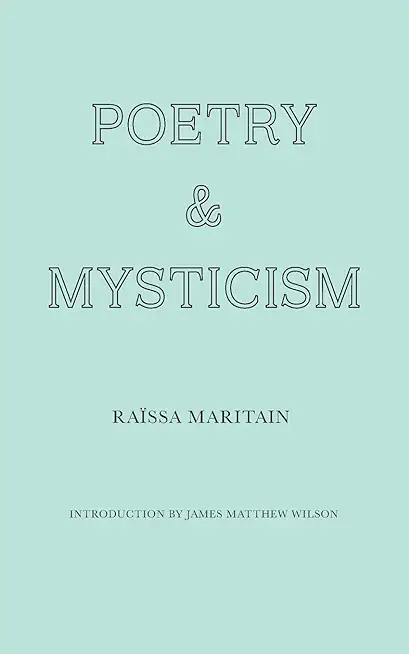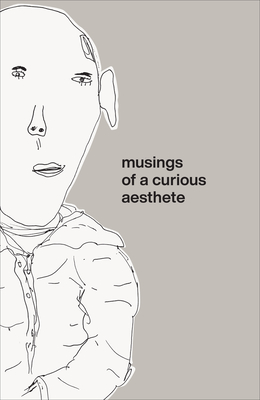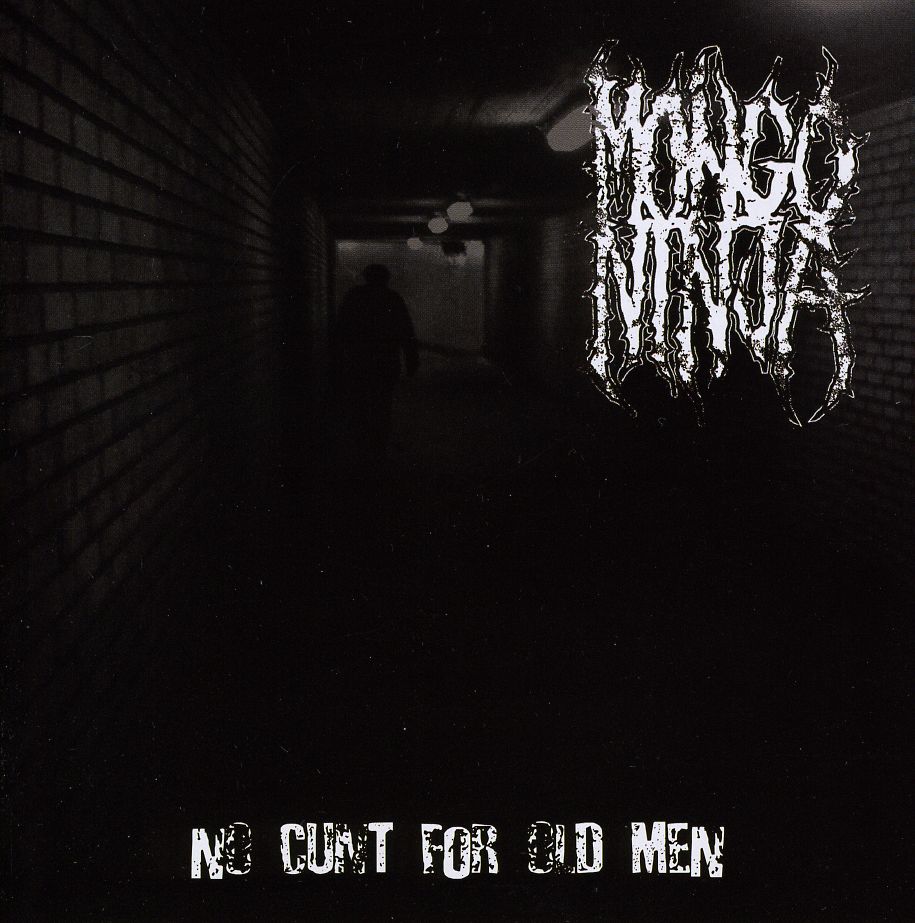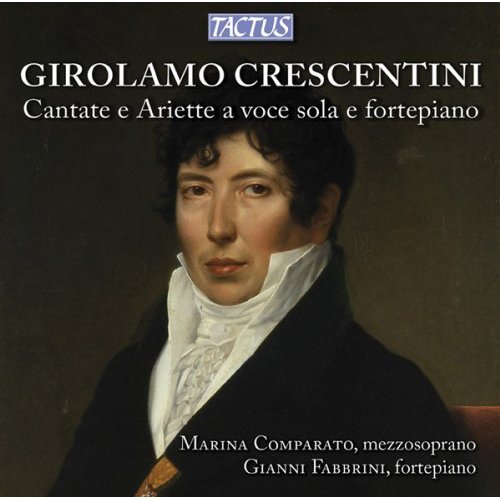
While the poet might be prayerful and the mystic might wax poetic, there is a "fundamental difference which separates the poetic experience from the mystical experience: while the poet progresses toward the Word, the mystic tends toward Silence." As Raïssa Maritain expounds, mystics may be moved to describe their heightened experiences, but for them this "expression is not a means of completing the experience." For the furnishing of her interior castle, a mystic like St. Teresa of Avila needs no speech; her talk, the record she left us of the "prayer of quiet," is "only a result of superabundance, a generous attempt at communication."
The poet, on the contrary, cannot do without words. They are the vital stuff of his service to the world. Albert Béguin corroborates Maritain's conclusion, contending that "whatever value one attributes to the poetic act, it remains an act submitted to the necessity of form. It ends at the word." On the other hand, the poetic word points beyond language, ever striving for a fuller communion with reality and its Maker.
Inhabiting the tensions between sense and nonsense, poetry and mysticism, articulation and its absence, Maritain manifests the hidden mysteries at the heart of all poetry worthy of the name.







